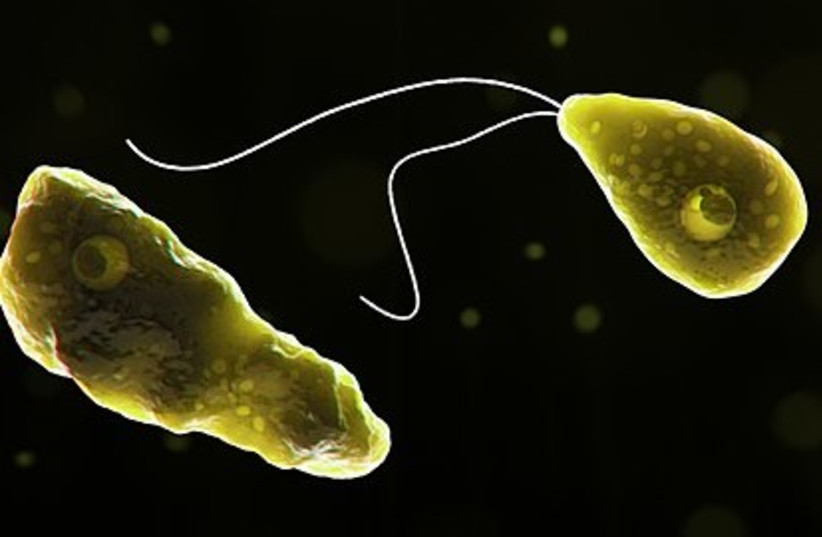A man in Florida died as a result of contracting a brain-eating infection known as Naegleria Fowleri, that he caught while doing nasal irrigation earlier this week.
The man used unboiled tap water to clear his sinuses, according to the CDC.
“The adult patient reportedly performed nasal rinsing daily with unboiled tap water, which is thought to be the source of the infection,” the CDC said in a statement.
In 2022, a man in Israel died after contracting the infection.
What is Naegleria Fowleri infection?
“Naegleria fowleri infects people when water containing the ameba enters the body through the nose. This typically happens when people go swimming, diving, or when they put their heads under fresh water, like in lakes and rivers. The ameba then travels up the nose to the brain, where it destroys the brain tissue and causes a devastating infection called primary amebic meningoencephalitis (PAM). PAM is almost always fatal”, according to the CDC.
Chlorine prevents the amoeba from living in swimming pools. However, if the chlorine levels are too low, then there is a risk that the organism can reside there.
Annually, only 0-5 people become infected with the amoeba. However, the death rate is 97%. From 2012, until 2021, only two people caught the amoeba through nasal irrigation.
Nasal irrigation
“Nasal irrigation devices — which include neti pots, bulb syringes, squeeze bottles, and battery-operated pulsed water devices — are usually safe and effective products when used and cleaned properly,” says Dr. Eric A. Mann, M.D., Ph.D., a doctor at the FDA.
It is recommended to use only saline or distilled, sterile or boiled water for irrigation.
“Sinus rinsing [also known as irrigation] can remove dust, pollen and other debris, as well as help to loosen thick mucus. It can also help relieve nasal symptoms of sinus infections, allergies, colds and flu. Plain water can irritate your nose. The saline allows the water to pass through delicate nasal membranes with little or no burning or irritation,” according to the FDA.




